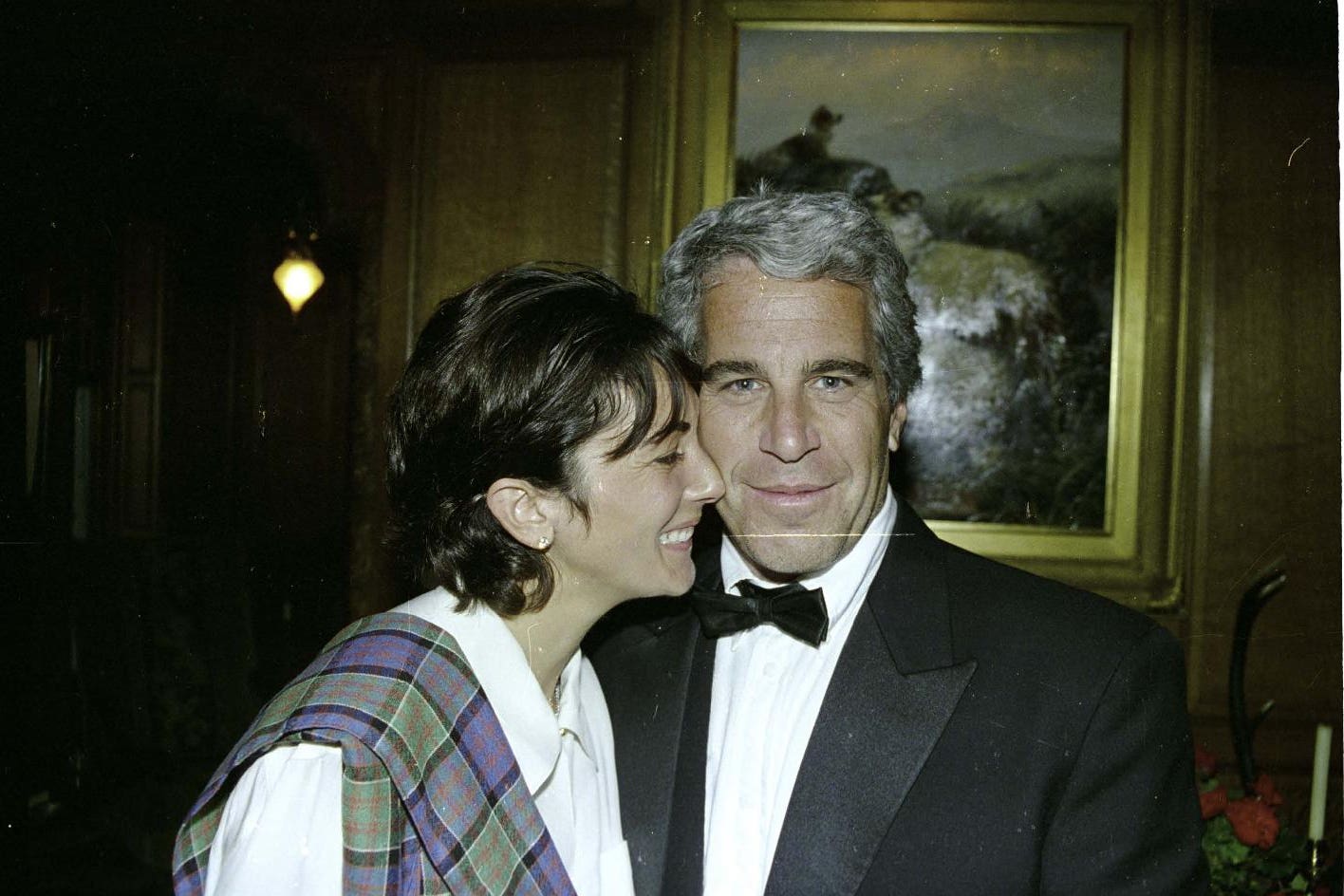The Independent interview that set Ghislaine Maxwell’s appeal in motion
Jeffrey Epstein’s former girlfriend Ghislaine Maxwell is attempting to overturn her 2021 conviction for sex trafficking, based in part on information first reported by The Independent
In the days following Ghislaine Maxwell’s conviction for sex trafficking, the journalist Lucia Osborne-Crowley interviewed one of the jurors who had put Maxwell behind bars.
What neither of them knew was that this interview, published by The Independent in January 2022, would help trigger an appeal by Maxwell’s legal team that could ultimately lead to her trial being overturned.
That is certainly what Maxwell will be hoping when she returns to federal court in New York on Tuesday to appeal her 2021 conviction for sex trafficking and abusing young girls in concert with late paedophile Jeffrey Epstein.
Her legal team is expected to argue that she did not get a fair trial because, among other things, one of the jurors, Scotty David, failed to disclose in his juror questionnaire that he is a survivor of sexual abuse.
Mr David’s history, and his questionnaire, only came to light after he told Ms Osborne-Crowley about his experiences and asked her to tell the world his story.
“This verdict is for all the victims,” Mr David said at the time. “For those who testified, for those who came forward and for those who haven’t come forward. I’m glad that Maxwell has been held accountable.”
Mr David has since testified under oath that his omission in the juror questionnaire was an honest mistake, and the trial judge, Alison Nathan, ultimately agreed with him.
Nevertheless, Maxwell’s lawyers and allies contend that Mr David was a biased juror and that Maxwell must be given a retrial or be resentenced.
“The American justice system and the court were biased against my sister and she didn’t get a fair trial,” Maxwell’s brother Ian Maxwell told The Independent ahead of the appeal proceeding.

“Her jury was not impartial: three of them had been sexually abused but did not disclose this, depriving the defence of the opportunity to challenge their selection as jurors. How could they fairly and dispassionately consider evidence in a sex abuse case?”
Maxwell’s lawyers are also expected to argue that the four victims who testified against her had “faded, distorted and motivated memories”, and that US prosecutors made her a scapegoat for the crimes of her former boyfriend Epstein.
Ms Osborne-Crowley, herself a survivor of sexual abuse, has said she “felt conflicted” over the situation.
“I was unprepared for the consequences of my interview,” she wrote last month. “Juror 50 wanted his story of abuse to be told. Once he disclosed it to me on the record and said he wanted his story told, it was my duty as a journalist to report the truth.
“However, of course it was incredibly distressing as an abuse survivor to feel that my reporting of the truth may lead to a retrial.”
Nevertheless, she concluded: “If the decision is overturned – which the appellate judges are entitled to do – then I will have to accept that outcome with equanimity and grace, because that is the consequence and value of journalism.
“You must be willing to report the truth when you cannot control the outcome, and even if one possible outcome is distressing and turns the present truth on its head.”

